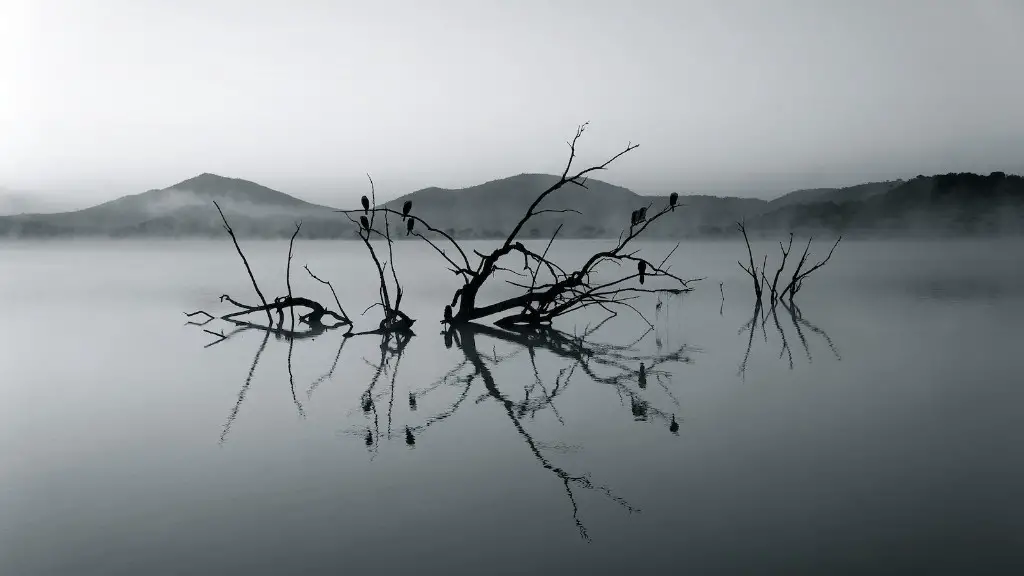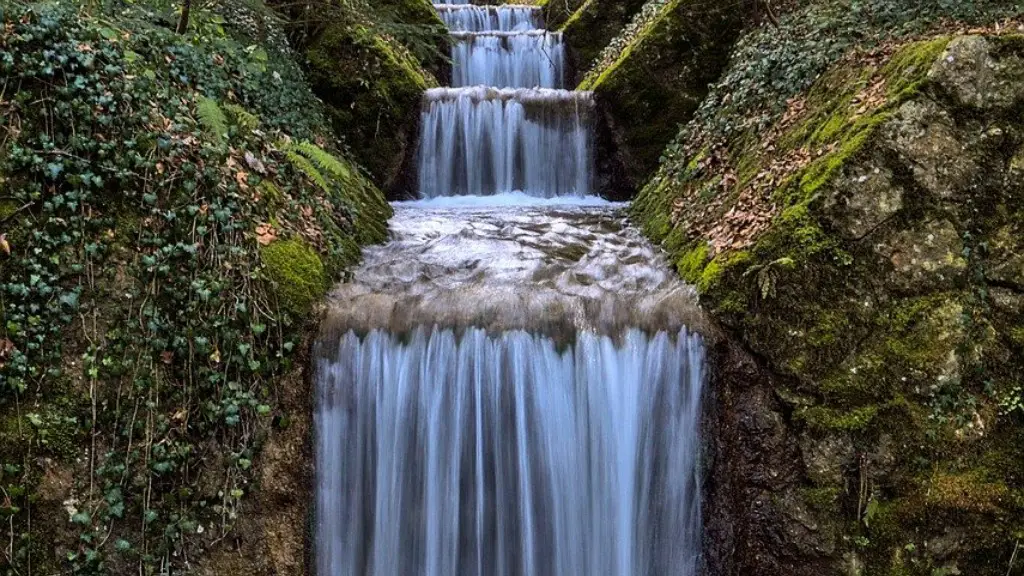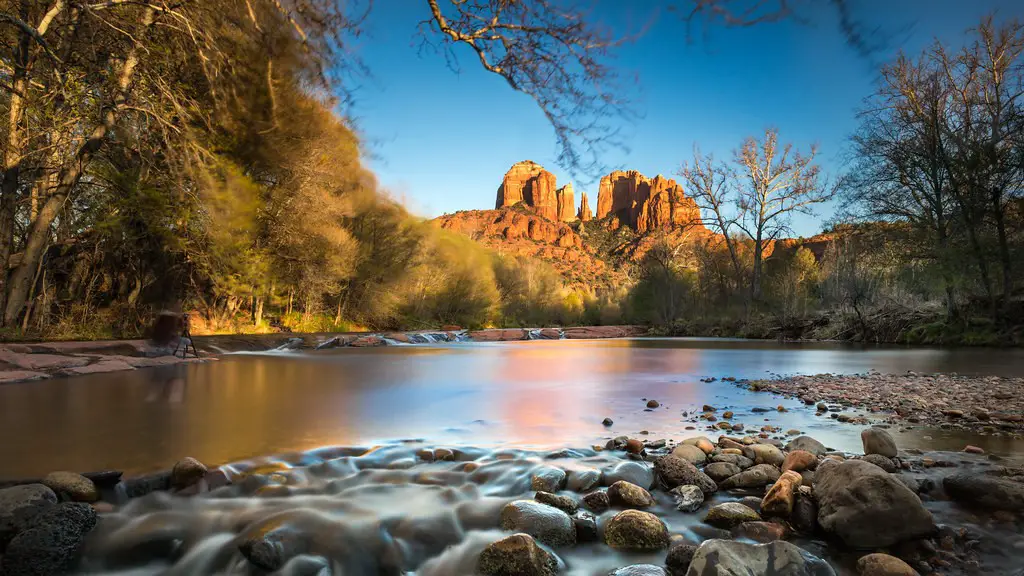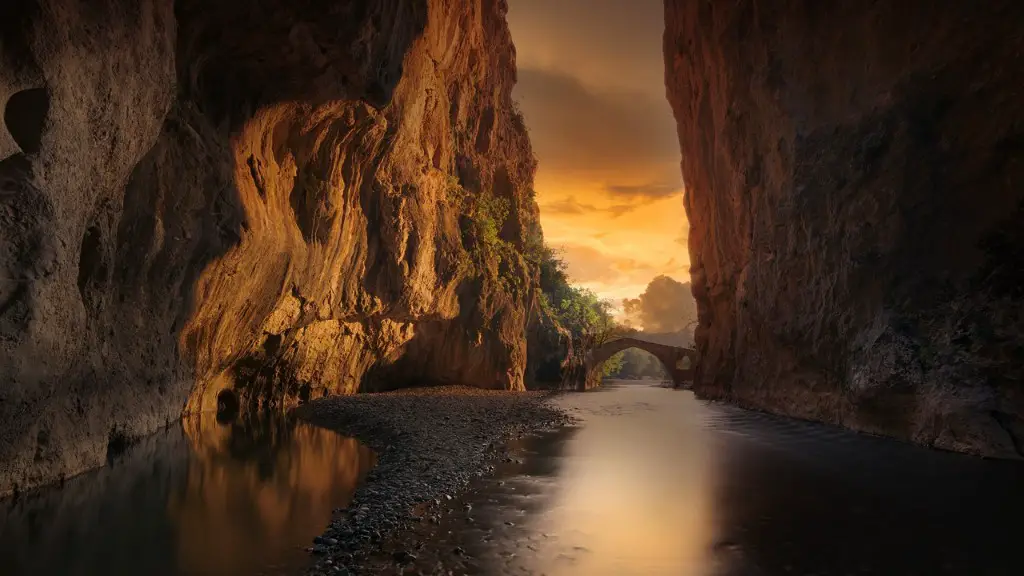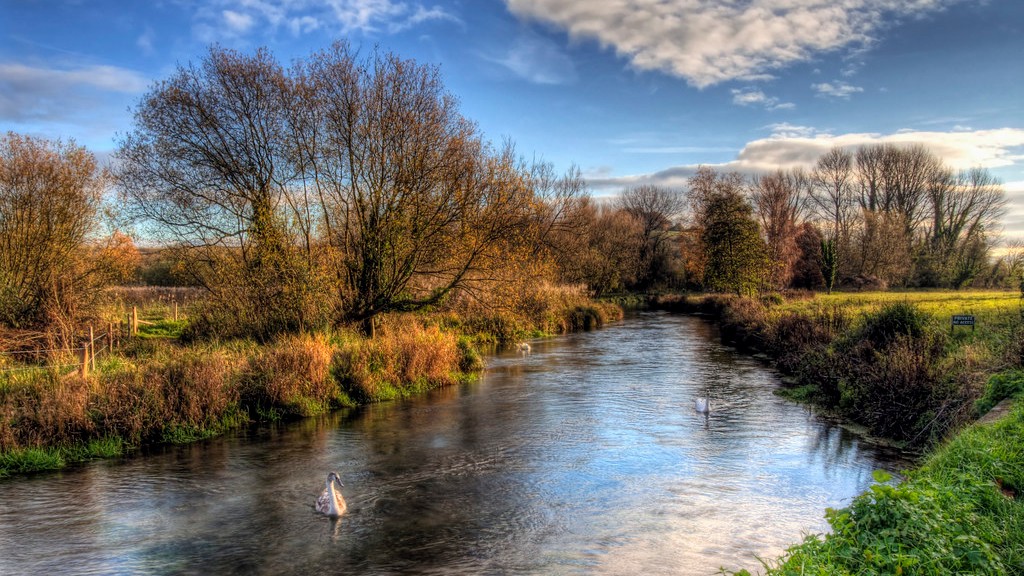Crossing The Mississippi River
The Mississippi River provided settlers of the early 1800s with a daunting obstacle to cross before they could reach new homes in the West. Many settlers had no choice but to cross the great river if they wanted a new life full of promise and opportunity. While there were a few different methods available to them in those days, everyone was united in the common goal of getting to the other side.
In the 19th century, most crossing could be done by boat. Flatboats, steamboats, and keelboats were employed by early settlers both for transportation and commercial interests. Flatboats, which only had enough room for supplies and were constructed out of inexpensive materials, were the least expensive way for a family to get across the river. Steamboats on the other hand were by far the fastest and most comfortable option, but also the most expensive. Finally, keelboats, primitive riverboats with a shallow draft, were used to carry cargo up and down the river.
Not everyone had the money or resources to hire passage on one of these boats, or even build their own. To get around this, settlers had the option of building rafts made out of logs they collected in the forests, or even stripped from the banks of the river. They would then tie the logs together and use makeshift oars to get across the river. Sometimes they would even have to help each other by pushing the rafts, or by helping each other across the logs on a rope.
While most of the crossing at the Mississippi involved watercraft, the settlers also had another option. A system of ferries were set up at certain points in the river that could take both people and their wagons across the river. This was often the most expensive way to cross the river, but it was also the safest and most reliable. The ferry operators charged a hefty fee, but the convenience and safety they provided was well worth it.
As the settlements began to expand, more and more settlers found themselves in need of a way to get across the Mississippi. To deal with this, bridges were built over a number of the most popular crossing points. Bridges allowed for an easier, faster and less expensive way to cross the river, although they were still quite dangerous as the river was prone to shifting, flooding and strong currents.
The Mississippi River was an obstacle for the early settlers, but it was also a bridge of progress linking one side of the continent to the other. It provided the opportunity for those looking for a new life in the West to be united with their families and friends and embark on a new journey.
Working and Living Across the River
Life across the Mississippi River was not just limited to crossing either, as many settlers found themselves living and working on either side of the river. Those who lived on the banks of the river spent time fishing, hunting, and trapping. Mining was also a popular occupation, as many settlers found gold and other minerals in the riverbed or the cliffs overlooking it. Farming was also common, as settlers found that the soil on either side of the river was ideal for raising livestock or growing crops.
Many of the new settlements around the Mississippi River grew into towns and cities. This allowed for the emergence of industry and commerce, as many businesses were created in the new towns and cities. Businesses such as lumber mills, shipbuilding, and blacksmiths all served the needs of the settlers living in the new settlements. With the new businesses came new markets for the settlers to trade in. This allowed for the further expansion of the settlements, as well as the development of the markets and industries.
In addition to the businesses, the settlements around the Mississippi River also saw the development of infrastructure. Roads and bridges were built to connect the settlements on either side of the river, while canals and locks allowed for the transportation of goods and people up and down the length of the river. Schools and churches also began to appear as the new settlements grew and provided the settlers with a place to educate and worship.
The Mississippi River has been a major part of the development of the United States from colonial times to today. It provided the settlers with an opportunity to cross the great river and begin a new journey in a new land. It allowed for settlement and commerce, as well as infrastructure and industry, thus laying the foundation for a great nation.
The Impact of the Mississippi River
In addition to providing the settlers with an opportunity to venture into the West, the Mississippi River also brought a great number of benefits to the United States. Not only did it provide the settlers with food, water, and resources, but it also served as a major trading route. The river was able to provide direct passage to the Gulf of Mexico and access to the world markets that lay just beyond the horizon. This allowed for rapid expansion of the nation and the emergence of the United States as a world power.
The river also provided for the transportation of people and supplies. Canals and locks ensured that people and goods could move quickly up and down the river. This allowed for trade between different settlements on the banks of the river, as well as between the settlements and the outside world. Roads and bridges also allowed for the further expansion of the settlements and for people to travel more quickly and easily between different parts of the country.
Another important impact of the Mississippi River was the development of the steamboat. This watercraft was able to travel up and down the river swiftly and reliably, allowing for the commerce and transportation of goods and people. Before the steam boat, the rafts provided by settlers and the ferries were unreliable and slow, so the steamboat revolutionized the way people traveled along the river.
The Mississippi River also provided a great deal of entertainment, as riverboats and gambling houses were a popular past time of the settlers. These places provided the settlers with a chance to relax and enjoy themselves while they were working on the banks of the river. They also provided an opportunity to make a bit of money or just have a bit of fun.
Finally, the Mississippi River was of great importance to the Native Americans, who had already been living on the banks of the great river for centuries before the arrival of the settlers. The river provided them with a reliable source of food, water, and a means of transportation. It also served as a home to over 200 native tribes, each of whom respected and understood the spirit and power of the river.
Environmental Impact
The Mississippi River has been a source of life, commerce, and entertainment for centuries, but it has also had a great impact on the environment. The river is prone to major flooding due to the large amount of rain and snow that falls in the area, which can lead to massive losses of life and property. In addition, runoff from farms and cities has caused pollution in the river, leading to a decline in fisheries and water quality.
Sedimentation and erosion have also been a major problem for the river, as dams and other forms of land development have caused soil to be washed into the river. This can lead to the disruption of the natural flow of water, as well as create habitat destruction and the loss of food sources for animals in the area.
The river also serves as an important source of recreation, as people flock to the banks of the river each summer to swim, boat, and fish. This can create problems, however, as large crowds can lead to pollution, littering, and the destruction of habitats.
In order to protect the river and its surrounding areas, various organizations have been created to help monitor and protect the ecosystems of the river. These organizations work to restore habitats, reduce pollution, and protect the species that live in the area. These organizations also work to educate the public about the importance of the Mississippi River and how it impacts the health of the environment.
Conclusion
The Mississippi River has had a major impact on the history of the United States and its people from the earliest days of the nation to the present day. It has provided settlers with an opportunity to cross and begin a new life, as well as served as a major trading and transportation route throughout much of the nation’s history. In addition, it has provided a great deal of recreation, entertainment, and economic opportunities for those living in its vicinity. Finally, it has had a major environmental impact, both positively and negatively, and requires continued monitoring and protection to ensure its long-term sustainability.
